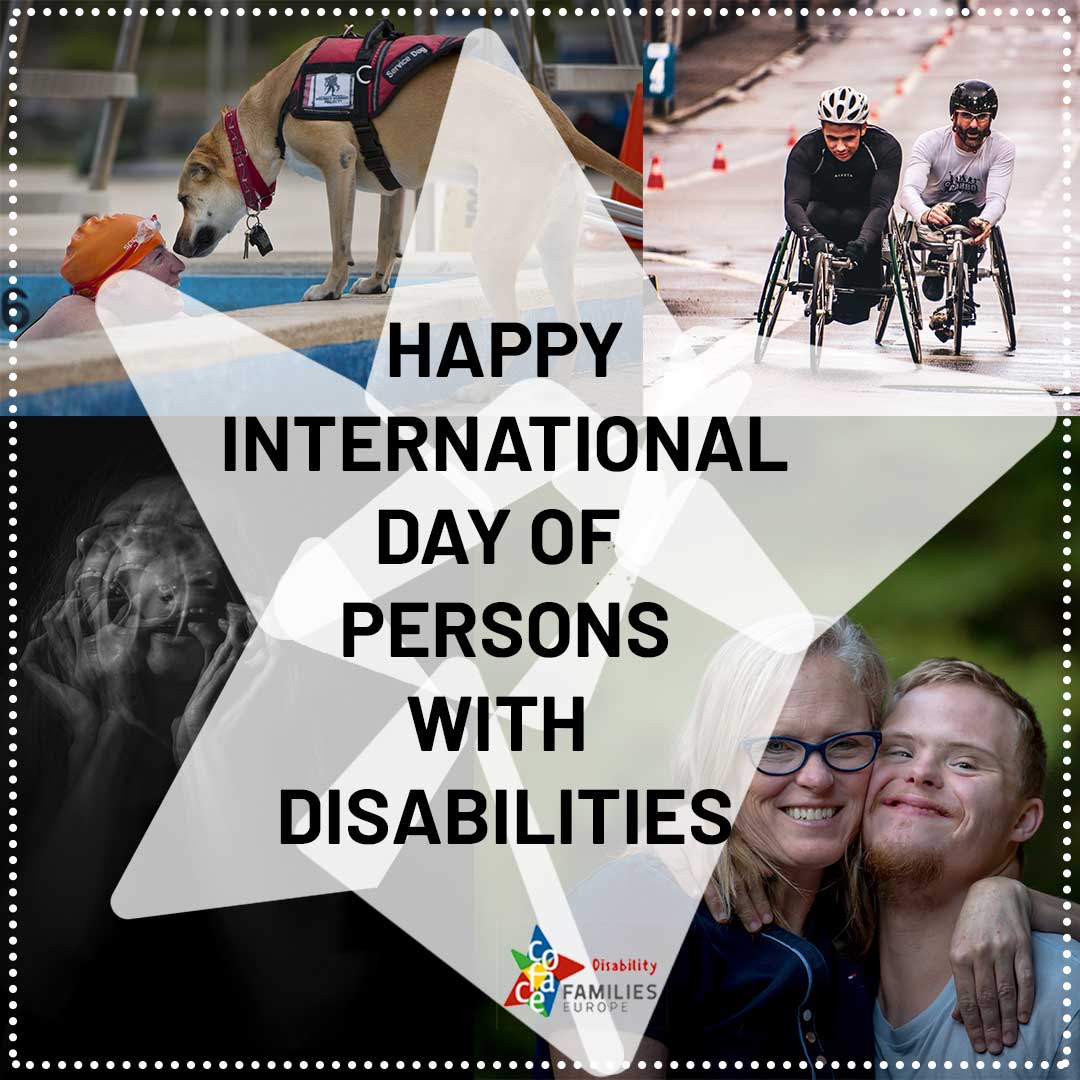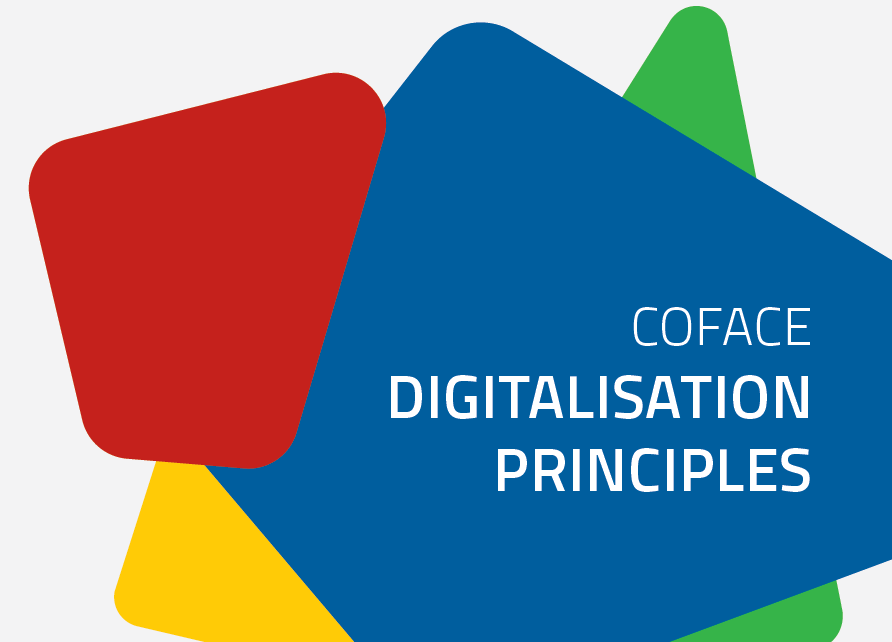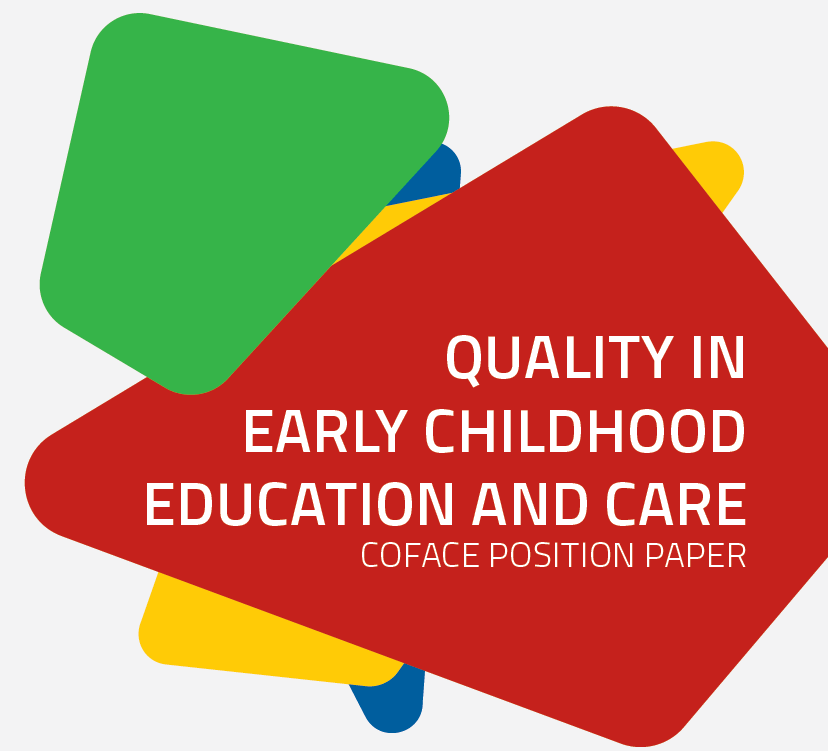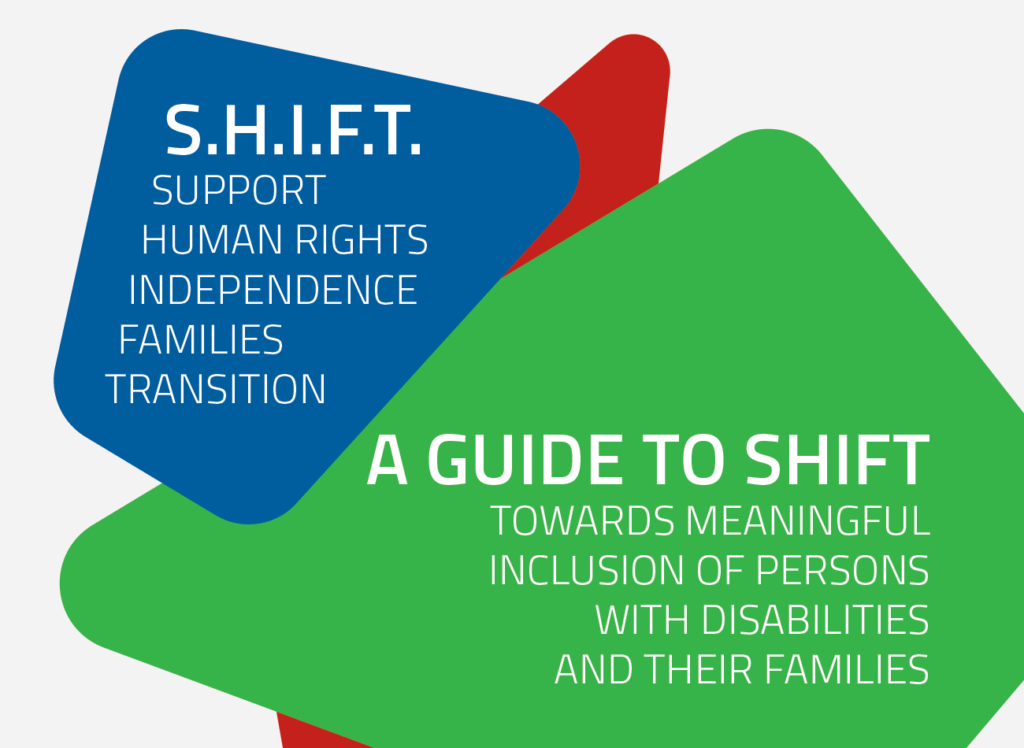Brussels, 3rd December 2019, MEDIA RELEASE for International Day of Persons with Disabilities
According to the Academic Network of European Disability Experts, institutional care continues to consume disproportionate levels of public expenditure, far outweighing that invested in community-based alternatives. There is a trend, albeit slow in many cases, away from such large institutional care arrangements in many countries towards community-based support solutions.
Deinstitutionalisation is about implementing Article 19 of the UN Convention on the Rights of Persons with disabilities ensuring that individuals with disabilities have all necessary means to exercise choice and control and make all decisions concerning their lives. This can be reached not only closing down large-scale residential institutions, but above all, by putting inclusion and respect of human rights at the centre of all policy actions towards persons with disabilities and their families, from birth to old age.
In order to boost this process, the COFACE Disability platform for the rights of persons with disabilities and their families produced the S.H.I.F.T. guide, which proposes 5 objectives, 15 tools, and 45 actions in the areas of Support, Human rights, Independence, Families and society Transition to achieve meaningful inclusion of persons with disabilities and their families.
COFACE actions and tools are built around the objectives of developing a range of person-centred support services in the community, having efficient ways to exercise and monitor the respect of human rights, making the mainstream sector inclusive and accessible, empowering families of persons with disabilities, and driving a cultural shift to embrace inclusion as an overarching value in society.
COFACE Disability Co-chairs, Sylvie Hirtz and Chantal Bruno: “We encourage all to #BeTheSHIFT by using this guide as a starting point for a discussion based on practical actions to be implemented in your communities to make rights of persons with disabilities and their families a reality in Europe”.
The S.H.I.F.T. guide can be used by different stakeholders at different levels: NGOs, social and health service providers (managers and operational staff), funders, policy-makers, self-advocates, family carers, employers, education professionals (management and operational staff), urban developments and housing providers, European decision-makers across the European Commission, European Parliament and Council of the EU, local and regional authorities, trade unions and employers.
Here the full SHIFT guide: EN, FR, PT, ES, IT
#BeTheSHIFT #COFACEDisability #IDPD2019
/ENDS/
Note to the editor
- The right to live independently and to be included in the community in European States
ANED synthesis report, By Neil Crowther on behalf on the European network of academic experts in the field of disability (ANED),2019 - COFACE Families Europe is a network of civil society associations representing the interests of all families without discrimination. COFACE Families Europe’s areas of work include social/family policy, education, disability, gender equality, migration, consumer issues, and also protection of children online, privacy, data protection and reflections on technological developments and how they may impact families. More: www.coface-eu.org





